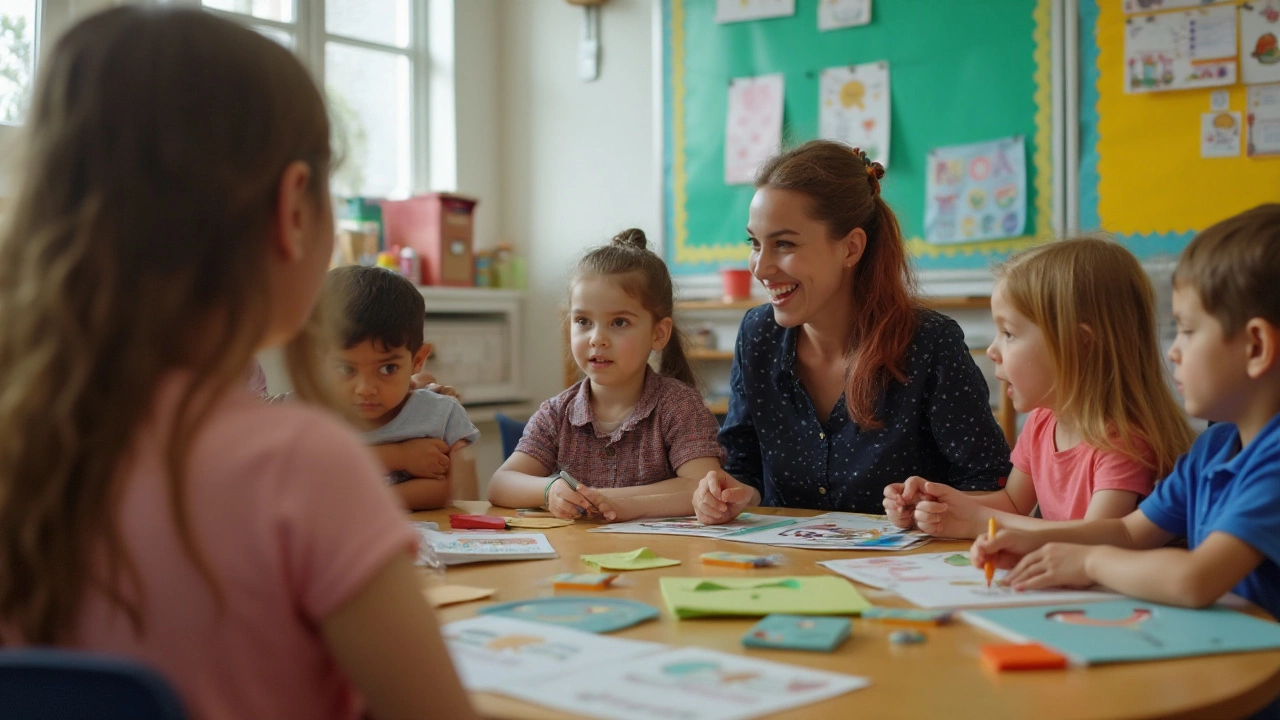Child Development Resources & Tips – Abbey Gates School Store
Welcome! If you’re looking for easy ways to boost a child’s growth at home or school, you’re in the right place. Our store mixes handy supplies with solid advice so you can help kids learn, stay curious, and build confidence every day. From crayons for creative play to science kits that spark curiosity, we’ve got what you need to turn learning into an adventure.
Why Child Development Matters
Kids grow fast, and the habits they pick up early shape how they handle school, friendships, and challenges later. Simple things like a well‑organized backpack or a set of colourful notebooks can make learning feel fun instead of a chore. When children feel prepared, they focus better and enjoy the work.
Research shows that a mix of play, reading, and hands‑on projects keeps the brain active. For example, a puzzle‑style maths workbook gives a short burst of problem‑solving while still feeling like a game. Pair that with a regular reading routine, and you see stronger vocabulary and confidence.
Practical Tools for Parents & Teachers
Here are three items you can grab today that make a real difference:
- Reusable study planners – Kids can tick off tasks, see progress, and stay on top of homework without crumpling paper.
- Colour‑coded stationery sets – When each subject has its own colour, switching between topics becomes quicker and less confusing.
- Interactive flashcards – Whether for spelling, science facts, or language practice, a quick shuffle turns revision into a game.
Combine these tools with a short daily routine: 10 minutes of reading, 15 minutes of a hands‑on activity, and 5 minutes of reviewing yesterday’s work. The routine is short enough to fit busy mornings but strong enough to build lasting skills.
Don’t forget to celebrate small wins. A sticker on a planner page or a high‑five after finishing a quiz tells children their effort matters. Over time, those moments grow into a habit of trying hard and loving learning.
Our store also offers bundles that match the curriculum for ages 5‑11. A bundled kit might include a math workbook, a science experiment set, and a set of creative art supplies. Buying as a bundle saves money and ensures every subject has the right tools.
Tracking progress is easy with printable charts. Hang a chart on the wall, let kids add a star each time they finish a reading session. Seeing a line of stars motivates them to keep going and gives you a quick snapshot of what’s working.
Finally, stay flexible. If a child isn’t interested in a particular activity, switch it up. The goal is steady progress, not perfect uniformity. Use the resources that fit the child’s style—visual, hands‑on, or auditory—and watch confidence rise.
Ready to give your child a boost? Browse our selection, pick the tools that click with your child’s personality, and start a simple daily routine. Small steps today lead to big growth tomorrow.
Recognizing neurodiversity in children involves observing unique behaviors, communication styles, and interests. While no two neurodiverse children are alike, common signs include sensory sensitivities, repetitive behaviors, and difficulty with traditional communication. Understanding these traits can help in providing the right support and fostering an inclusive environment. This article explores practical ways to identify neurodiversity and offers tips to support your child's unique needs.
Read more
Special needs education plays a crucial role in catering to the diverse developmental paths of children with unique challenges. The question of whether children grow out of special needs is complex, as developmental trajectories differ widely among individuals. Some children may exhibit noticeable improvements with the help of tailored interventions, while others may require continued support into adulthood. This article examines what 'growing out' of special needs might mean, the factors that influence it, and how educators and parents can support children effectively.
Read more







